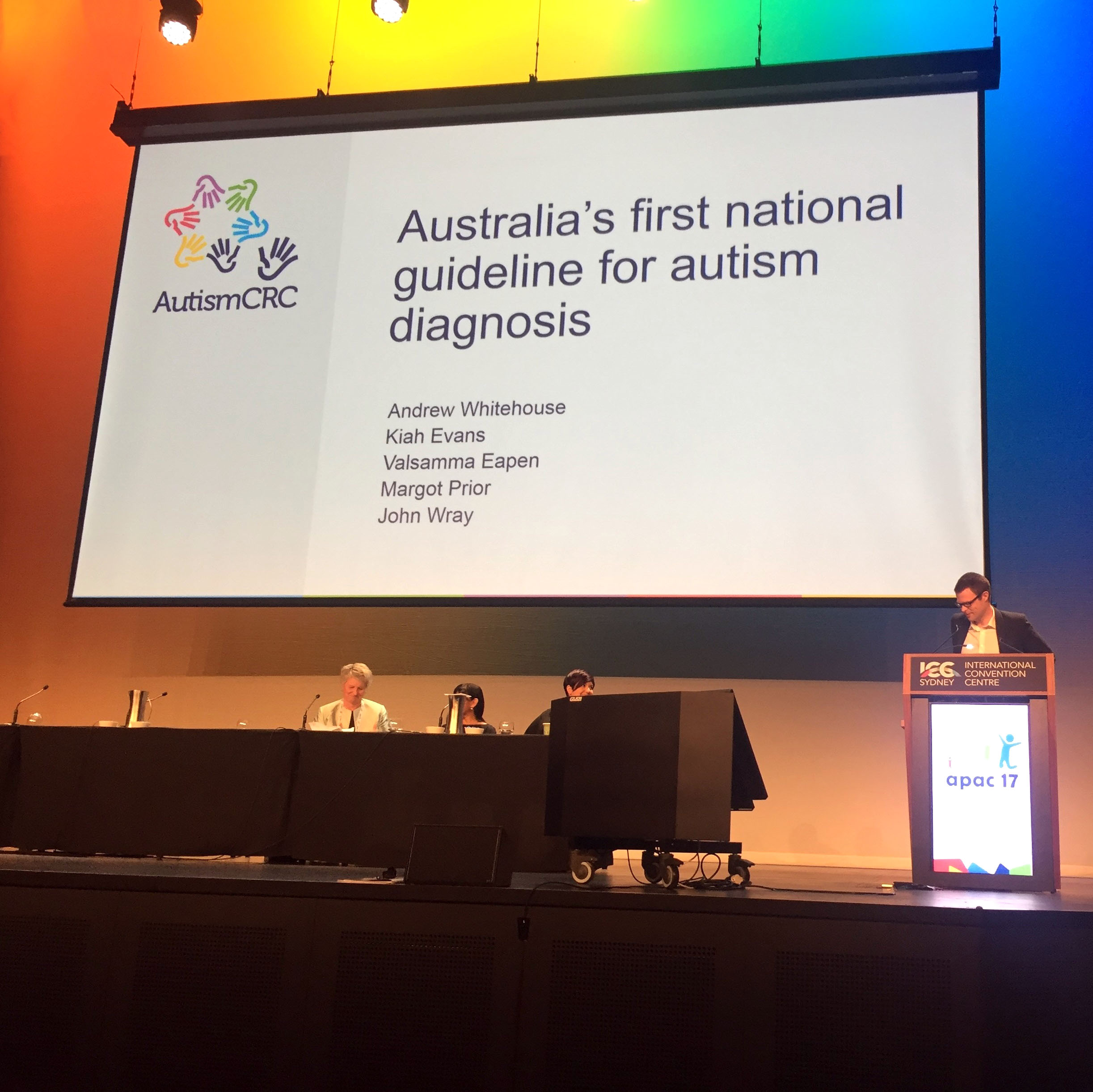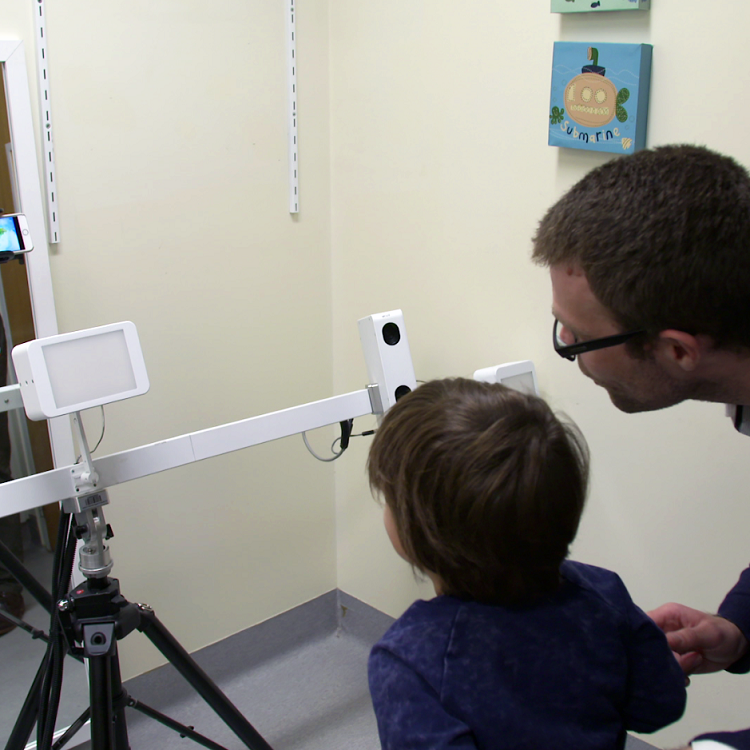Search
Research
Developmental Mismatch Across Brain Modalities in Young ChildrenBrain development during the preschool period is complex and extensive and underlies ongoing behavioral and cognitive maturation. Increasing understanding of typical brain maturation during this time is critical to early identification of atypical development and could inform treatments and interventions.
Research
A pilot evaluation of school-based LEGO robotics therapy for autistic studentsThere is emerging evidence that LEGO® therapy is an effective way of supporting younger autistic children develop their communication and social skills. LEGO® robotics therapy - which uses the principles of LEGO® therapy applied to LEGO® robotics - may be an age-appropriate intervention to reduce anxiety and increase social skills in autistic adolescents.
Research
Developing national guidelines for intervention with children on the autism spectrum in AustraliaInvestigators: Prof Andrew Whitehouse, Prof David Trembath Project description This project involves developing a national practice guideline for
The Siblings Project Gallery
Sibling Camp 2024 photos

News & Events
Australia’s first draft national guideline for autism diagnosis releasedAustralia’s first draft national guideline for autism diagnosis has today been released for public consultation.

News & Events
The Kids Research Institute Australia researcher awarded prestigious Eureka awardProfessor Andrew Whitehouse awarded the most prestigious award in the country for young researchers – the 3M Eureka Prize for Emerging Leader in Science.

News & Events
Computer algorithm links facial masculinity to autismA new study led by The Kids Research Institute Australia has found a link between masculine facial features and autism.
Research
A randomised-controlled trial of a behavioural intervention for optimising social and communication development in newborns at increased likelihood of autism spectrum disordersAndrew Kandice Matt Melissa Videos Whitehouse Watch and listen to Andrew Varcin Cooper Licari PhD M.Psych (Clinical), PhD BCA Marketing, BSc

